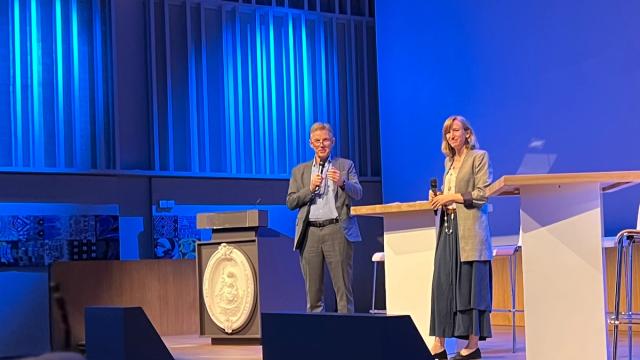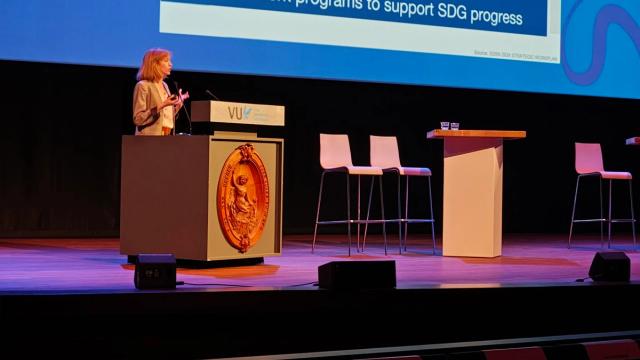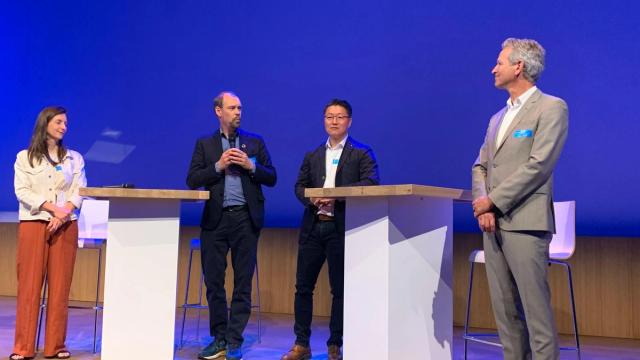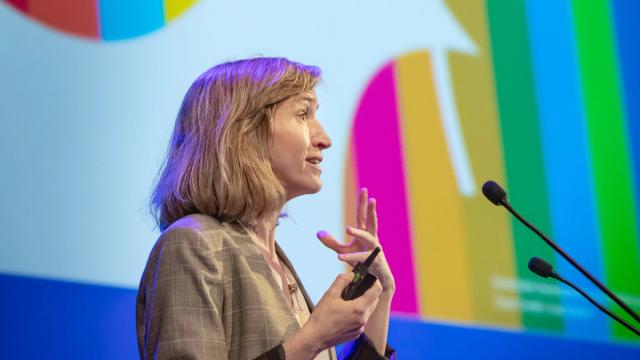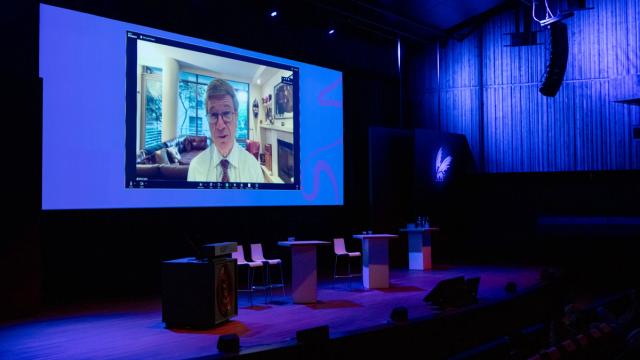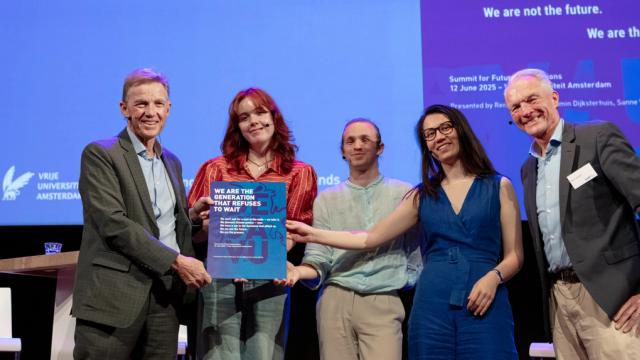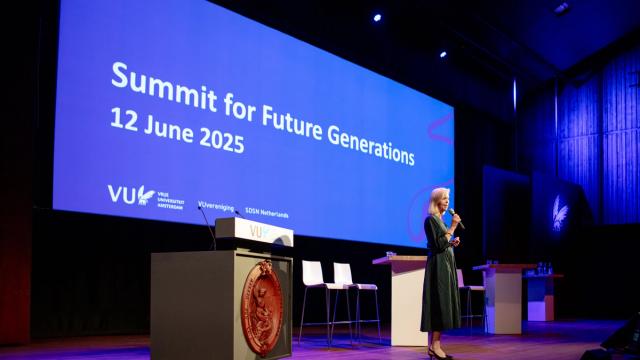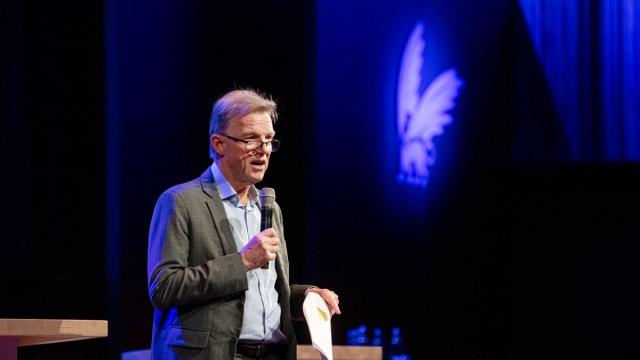The Launch of SDSN Netherlands: A New Era for Sustainable Innovation
On June 12, 2025, the Vrije Universiteit Amsterdam (VU Amsterdam) officially launched the Dutch chapter of the United Nations Sustainable Development Solutions Network (SDSN Netherlands). This landmark event, the Summit for Future Generations, marked not just a symbolic beginning but a substantive commitment to driving sustainable development both in the Netherlands and globally.
As the host of the launch event and SDSN Netherlands, VU Amsterdam played a crucial role in bringing together stakeholders from academia, government, and civil society. As the organizer of the Summit for Future Generations, the university provided a platform for dialogue and collaboration, underscoring its commitment to sustainability and its ambition to actively use scientific research to drive social and global transitions. Through these efforts, VU Amsterdam demonstrated its dedication to fostering connections and catalyzing action toward the Sustainable Development Goals (SDGs).
Kicking Off the Summit for Future Generations
The Summit for Future Generations was more than just an event; it was a call to action. With three thematic sessions focusing on sustainability, peace, and youth participation, the Summit brought together world-renowned experts and forward-thinking speakers. Jeffrey Sachs, President of the SDSN, delivered a powerful keynote address, emphasizing the urgency of the situation and the moral leadership required to address it. He highlighted the Netherlands’ unique expertise in climate and water management, urging the country to take a leadership role internationally.
Other speakers, including Bernice Notenboom, a climate journalist and film producer; Jan Rotmans, Professor in Transition Management at Erasmus University in Rotterdam; María Cortés Puch, Vice President of the SDSN’s Networks Program; and John Thwaites, a professor and Co-chair of the SDSN Leadership Council, emphasized the need for cooperation across generations and borders. Their messages were clear: Sustainable, equitable change requires collective effort and immediate action.
During the launch event, Margarethe Jonkman, the president of the Executive Board of VU Amsterdam, underscored the importance of translating knowledge into practical solutions. She highlighted that solving our global challenges requires not just academic research but also the active involvement of governments, businesses, and other stakeholders. Bart Bossink, a professor at VU and the Amsterdam Sustainability Institute, added that the current societal shift towards recognizing and addressing these challenges presents a unique opportunity for SDSN Netherlands to focus on collaborative solutions.
The event also featured international perspectives from Thwaites and Cortés Puch. Thwaites shared the SDSN’s growth from a handful of universities in 2012 to over 2300 institutions across 58 networks in more than 140 countries now. Cortés Puch highlighted the importance of leveraging the network for expert advice and policy recommendations, as seen in other countries where the SDSN advises parliamentarians and shares scientific data with all political parties.
Breakout Sessions: Addressing Local Challenges
The summit included breakout sessions where participants discussed specific challenges facing the Netherlands. Jonkman introduced the coordinating core team, consisting of Bart Bossink, Philipp Pattberg, Neele van den Bongardt, and Kim Koellner, and led a session that identified complex and interconnected problems. Participants emphasized the need for effective communication to ensure public support for climate measures and the importance of involving all sectors of society in finding solutions.
Measuring and Curbing International Spillovers
In addition to the launch event, a related discussion organized by the Ministry of Foreign Affairs of the Netherlands and the SDSN focused on measuring and curbing international spillovers. This event aimed to explore existing practices and emerging trends in spillover measurement and discuss the development of an integrated framework for spillover assessment in the Netherlands.
Experts from Dutch institutions, the SDSN, and the Organisation for Economic Co-operation and Development (OECD) presented their methods and tools, highlighting the importance of understanding the international impacts of domestic policies to ensure policy coherence under SDG 17 (Partnerships for the Goals).
Join the Movement
SDSN Netherlands aims to create a society that is better prepared for global challenges. By integrating sustainable development into education and research, fostering cross-sector collaboration, and amplifying youth voices in policy and practice, the network is working toward structural, sustainable change. This initiative is not just about addressing current issues but also about building a resilient future.
Governments, knowledge institutions, civil society organizations, businesses, and young people passionate about creating a just and sustainable future are invited to join or co-create with SDSN Netherlands. For more information on how to get involved, visit the SDSN Netherlands website.
